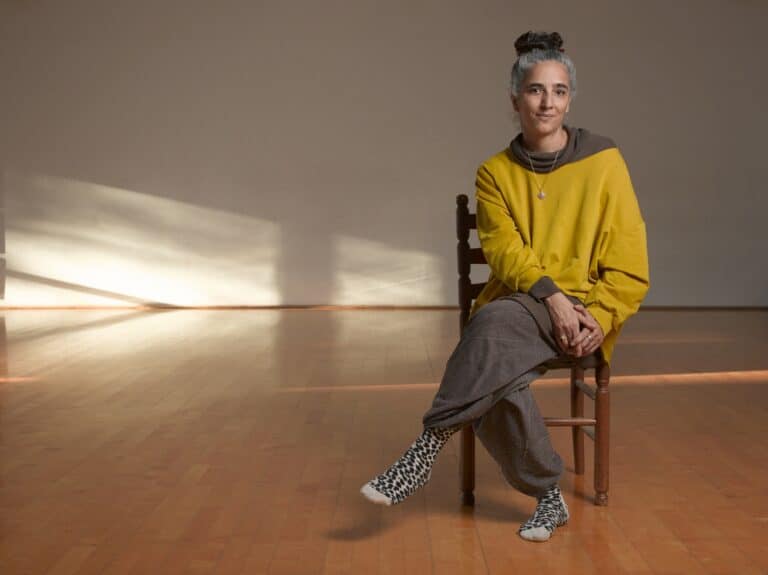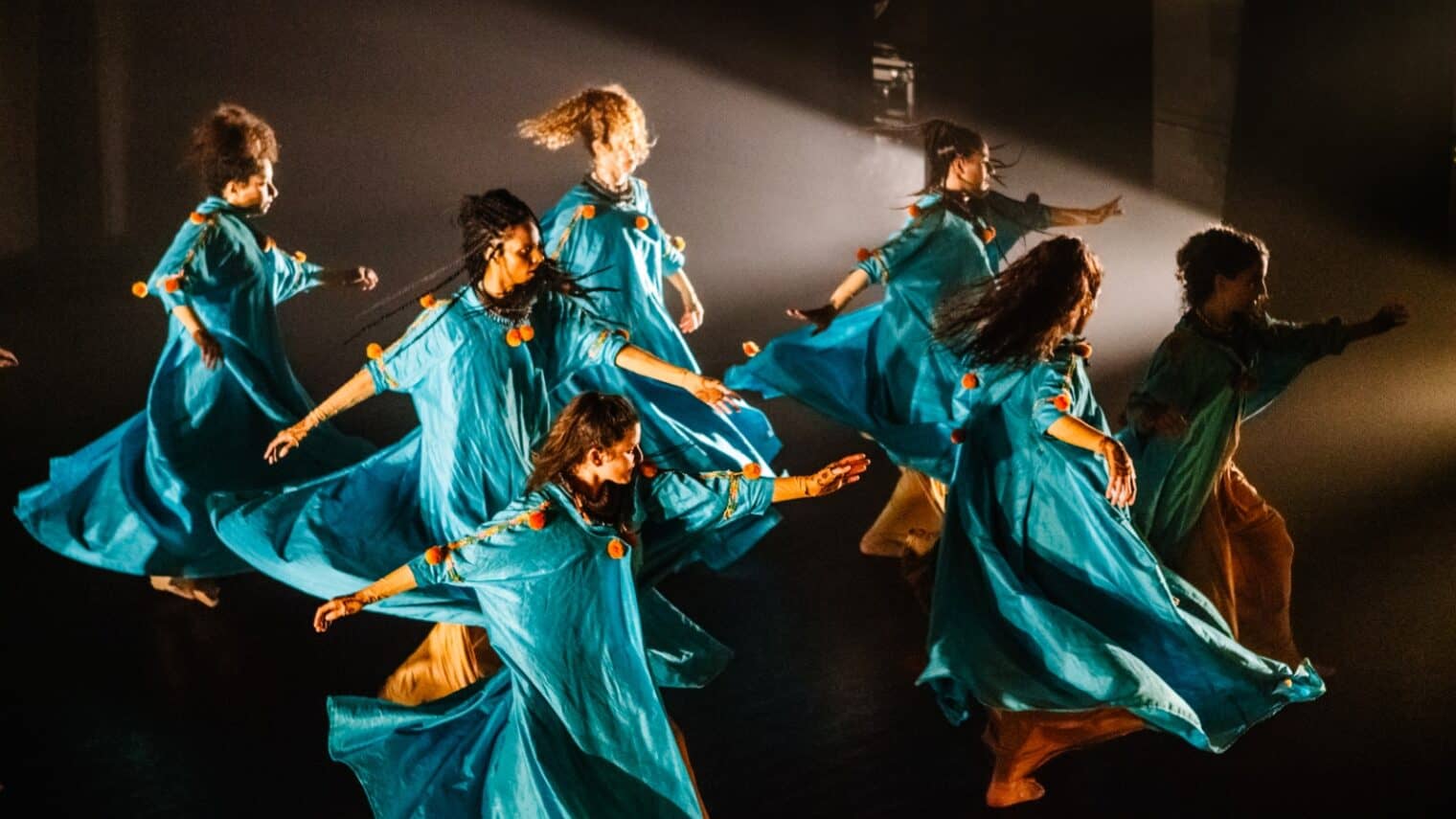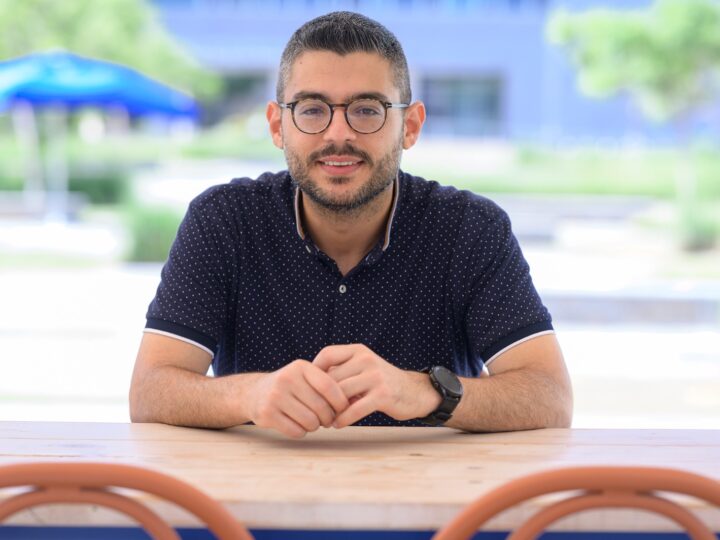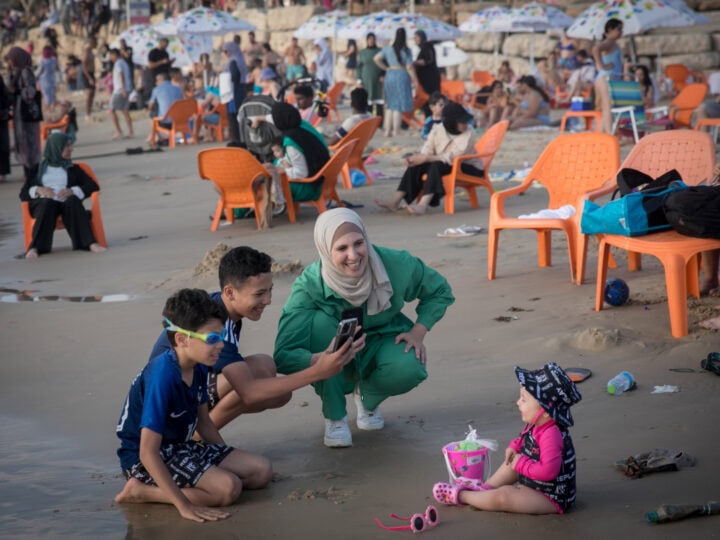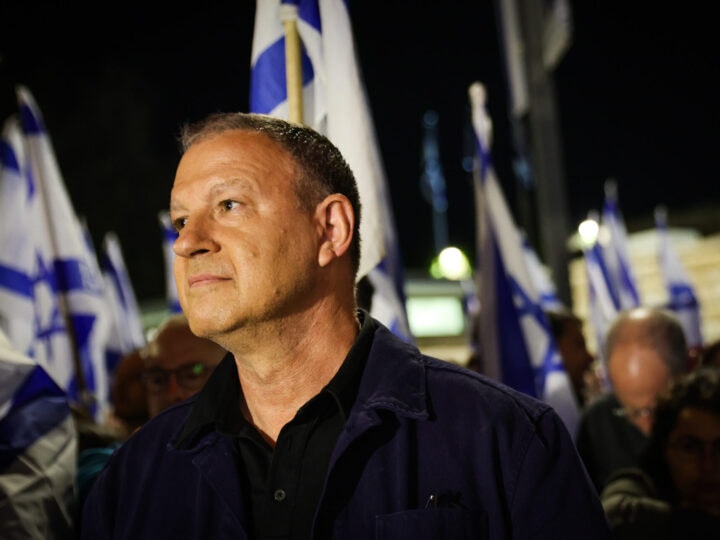Growing up in the northern Israeli city of Kiryat Shmona to Moroccan-born parents, Orly Portal began dancing at a very young age.
From there, she would continue to a prestigious dance academy in Jerusalem, the world-famous Batsheva Dance Company, and on to the worlds of improvisation, contact and movement research, all before reaching what would turn to be her biggest project: Dance inspired by Morocco.
“I became a mother to a child, and really allowed myself to be in that place in the deepest sense. At the same time, I welcomed this great call of going back to my roots in terms of archeological, physical research,” Portal tells ISRAEL21c.
“It stemmed from my sense of investigation and my fascination with movement. At the time, I was researching spontaneous movement, and felt a great draw to the sounds and notes of the music that I grew up on – Arabic music.”
Portal had absorbed plenty of the culture from her family. And yet, to draw inspiration for her newfound interest in Moroccan dance, she turned to Morocco itself – some 20 years ago, long before the Abraham Accords brought the two countries together.
“I understood that I want to link between this Western field that I’m so connected to and ancient findings that I needed to find the routes to,” she says of her work.
“I worked and developed ways of moving my pelvis, watching tribal dances of Amazigh women. At first, I felt I couldn’t understand how they do what they do, and then I reached it by doing all these exercises that I developed.
“What really connected me to these features was the Moroccan music that I would listen to at home, not necessarily the ones I had grown up listening to, but Berber music and Gnawa tribal music that I hadn’t known about.
“By trying to move to these rhythms, I felt as if I was remembering things I didn’t necessarily see as a child of Moroccan parents, but something more ancient that was probably there,” she notes.
Portal began performing with musicians in live shows. Soon after, musician friends from Austria asked her to join them for a month of performances in Morocco.
Berber village music
At rehearsals for an ethnic jazz festival there, Portal came across women playing, singing and dancing Berber village music.
“It amazed me and captivated me in a way that I couldn’t take my eyes off their pelvises. Everything I had seen on video was now right next to me,” she says.
Portal was invited by the producer of the festival to perform with these women. “They dressed me in their clothes, and I just had an initiation ceremony with them right there on stage. That’s how it all began.”
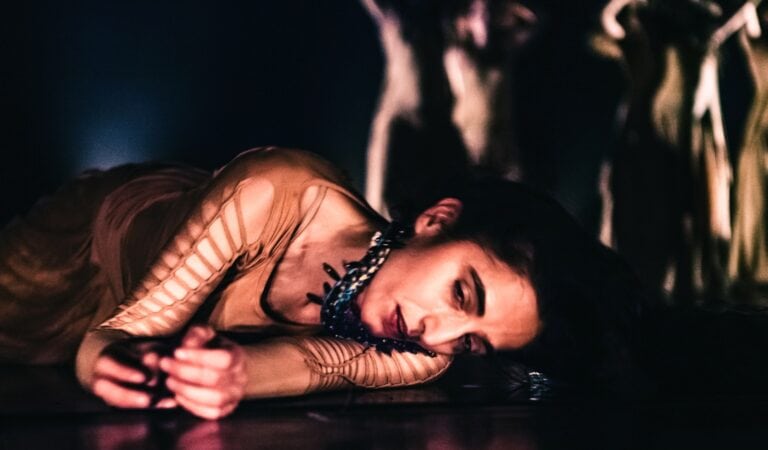
“I really wanted to bring these Gnawa musicians to Israel, but they said that while they wouldn’t come here, I could go to them,” she recalls, and that is how she continued to research and deepen her knowledge of these tribes.
After performing to Moroccan music herself for a while, Portal began working as a choreographer, creating larger cast pieces influenced by Moroccan music and dance.
She now works in Israel and abroad, teaching her “Pelvic Portal” method, running workshops and creating new pieces once every couple of years, including one about to be released.
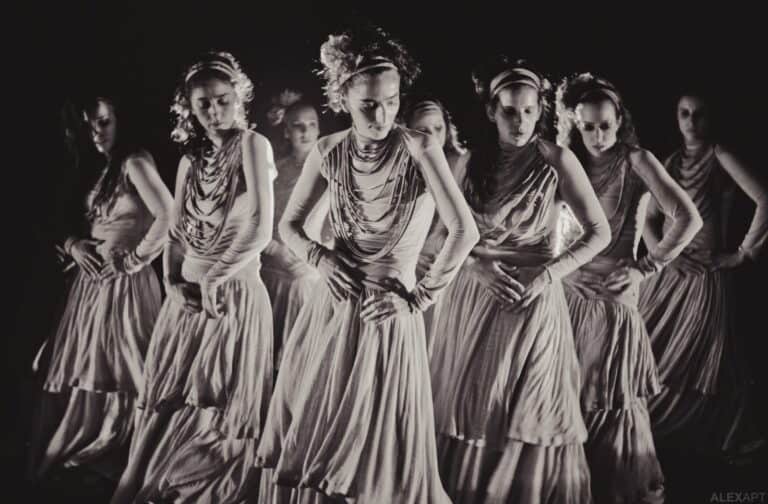
She’s still in close contact with artists and performers in Morocco, where she recently ran a dance residency for local students.
“I have all these thoughts for more projects, and I’m in touch with all kinds of artists in Morocco. I have plans, for example, to bring over a Moroccan choreographer and begin a cooperation with him,” she says.
Overcoming stereotypes
The reception to her work in Israel, she notes, has always been positive. But, she adds, that also stems from her background in Western dance.
“I was always accepted because I come from the traditional Western world of dance, and I got credit as someone who does things seriously. But I had to overcome all types of beliefs and stereotypes and ignorance,” she says.
“It’s become more fashionable now, but there’s still a long way to go in order to understand this dance deeply. To critique a dance piece that incorporates Gnawa, for example, then you need to be familiar with Gnawa, and that’s not yet the situation,” she says.
“But it is beginning to become more part of the scene. You can also see that the audience absolutely loves it, and it brings in a lot more people,” she concludes.
